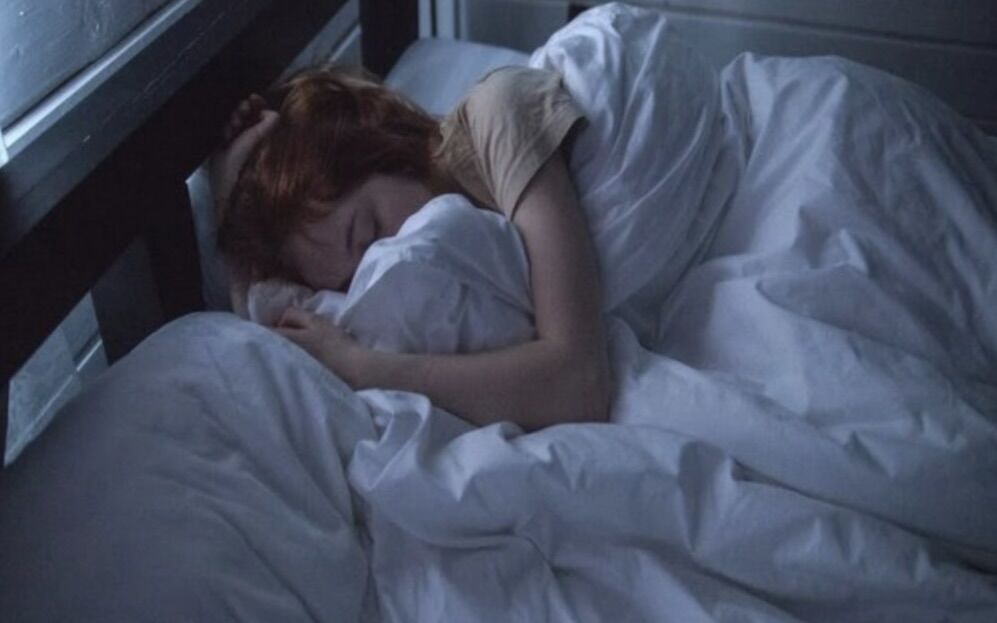Sleep Deprivation Takes a Toll on Emotional Well-Being, New Study Shows
A new study from the American Psychological Association finds that sleep deprivation can have a significant impact on emotional well-being, including reduced positive emotions and increased anxiety symptoms.
A new study released by the American Psychological Association has shown that sleep deprivation can have a significant impact on emotional well-being. The study, which synthesised over 50 years of research, concluded that being sleep deprived can lead to diminished positive emotions and an increased risk of anxiety symptoms. Lead author Dr. Jo Bower of the University of East Anglia, stated that “Our society is frequently sleep deprived, so understanding the effects of this on our emotions is critical to promoting good psychological health”.
The study, published in the journal Psychological Bulletin, analysed data from 154 studies spanning five decades, with a total of 5,715 participants. In all of these studies, researchers disrupted participants’ sleep for one or more nights, with some being kept awake for extended periods, while others were allowed limited sleep or were periodically awakened throughout the night. The findings of the research revealed that all three types of sleep loss resulted in fewer positive emotions, such as joy and happiness, among participants, as well as increased anxiety symptoms.
Even small amounts of sleep loss, such as staying up an extra few hours, had an impact on emotional functioning. The study also indicated that sleep loss led to increased anxiety symptoms and reduced arousal in response to emotional stimuli. However, findings for symptoms of depression were smaller and less consistent, as were those for other negative emotions, such as sadness, worry, and stress. One limitation of the study was that the majority of participants were young adults, with the average age being 23. Future research will need to include a more diverse age sample to better understand the effects of sleep deprivation across ages.
Other areas for future research could include looking at individual differences to understand why some people may be more vulnerable to sleep loss than others, and examining the effects of sleep loss across different cultures. Dr. Bower also added that “Recent, worldwide research has shown that only 15 percent of adults get the recommended amount of sleep for at least five nights per week. This has considerable implications for individual and public health research, including in sectors prone to sleep loss, such as first responders, pilots, and truck drivers. Industries and sectors prone to sleep loss should develop and adopt policies that prioritize sleep to mitigate against risks to daytime function and well-being.”




